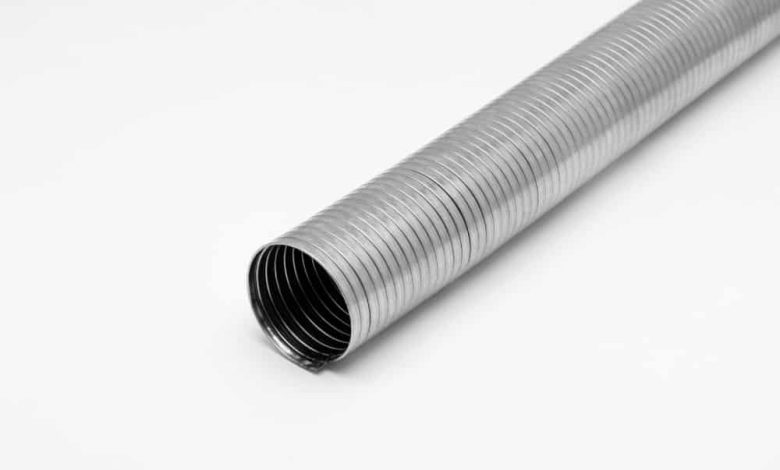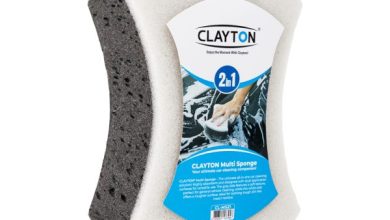How to Choose the Right Wholesale PVC Hose Supplier for Your Business Needs

In the competitive landscape of industrial operations, sourcing the right materials is crucial for maintaining efficiency and quality. For businesses that require PVC HOSE choosing a reliable wholesale supplier can make a significant difference. The right supplier not only provides high-quality products but also offers valuable support and services that can enhance your operational success. This blog will guide you through the key factors to consider when selecting a wholesale PVC hose supplier to meet your business needs.
Understanding Your Business Requirements
Before diving into the selection process, it’s essential to understand your specific needs regarding PVC hoses. Consider the following aspects:
- Application Needs: What will the PVC hoses be used for? Different applications, such as irrigation, fluid transfer, or industrial processes, may require hoses with specific characteristics like pressure ratings, chemical resistance, or flexibility.
- Quantity Requirements: Determine the volume of hoses you need. Are you purchasing for a one-time large-scale project, or do you require a regular supply?
- Customization: Do you need hoses with custom dimensions, fittings, or other specifications?
Understanding these factors will help you identify a supplier that can meet your specific requirements.
Key Factors to Consider When Choosing a Wholesale PVC Hose Supplier
1. Quality and Compliance
The quality of PVC hoses is paramount, as it affects performance, durability, and safety. Look for suppliers that offer high-quality hoses manufactured according to industry standards and regulations.
Questions to Ask:
- Do the hoses meet relevant industry standards and certifications?
- Can the supplier provide quality assurance and test reports?
Example: A construction company requires durable hoses for high-pressure applications. Choosing a supplier with a reputation for high-quality, certified hoses ensures that the products will perform reliably under demanding conditions.
2. Supplier Reputation and Experience
A supplier’s reputation and experience in the industry can be indicative of their reliability and expertise. Established suppliers with a track record of successful partnerships are often more dependable.
Questions to Ask:
- How long has the supplier been in business?
- Can they provide references or case studies from other customers?
Example: An industrial facility looking for a long-term hose supplier benefits from partnering with a well-established company with proven experience in supplying large quantities of PVC hoses.
3. Customization and Flexibility
If your project requires specialized hoses, ensure that the supplier offers customization options. Flexibility in product specifications and manufacturing can be crucial for meeting unique needs.
Questions to Ask:
- Does the supplier offer customization for hose dimensions, fittings, or materials?
- What is the lead time for custom orders?
Example: A landscaping business with unique irrigation requirements works with a supplier that can customize hose lengths and fittings to match their specific needs.
4. Pricing and Cost Efficiency
Pricing is a critical factor, but it should be balanced with quality and service. Look for suppliers that offer competitive pricing and good value for money.
Questions to Ask:
- What are the bulk pricing options?
- Are there any additional costs for shipping, handling, or customization?
Example: A manufacturing company purchases PVC hoses in bulk and negotiates a favorable price with a supplier, resulting in significant cost savings for their large-scale production needs.
5. Delivery and Logistics
Reliable delivery and logistics are essential for ensuring that you receive your hoses on time and in good condition. Evaluate the supplier’s delivery capabilities and logistics support.
Questions to Ask:
- What are the delivery options and lead times?
- How does the supplier handle shipping and logistics?
Example: An agricultural enterprise with urgent irrigation needs requires timely delivery. Choosing a supplier with efficient logistics and a track record of on-time delivery ensures that the hoses arrive when needed.
6. Customer Support and Service
Excellent customer support can enhance your purchasing experience and provide assistance if issues arise. Look for suppliers that offer responsive and helpful support.
Questions to Ask:
- What kind of customer support does the supplier offer?
- How do they handle returns, exchanges, or warranty claims?
Example: A firefighting department working with a new supplier appreciates responsive customer service that assists with technical queries and supports any issues with the hoses.
7. Sustainability and Environmental Practices
If sustainability is a priority for your business, consider suppliers that offer eco-friendly PVC hoses or practice environmentally responsible manufacturing methods.
Questions to Ask:
- Does the supplier offer hoses made from recycled materials or produced with sustainable practices?
- What are their environmental policies?
Example: A company committed to reducing its environmental footprint opts for a supplier that provides PVC hoses made from recycled materials, aligning with its sustainability goals.
Steps to Evaluate and Choose a Supplier
- Research and Compare Suppliers: Gather information about potential suppliers, including their products, reputation, and customer feedback.
- Request Samples: Obtain samples of PVC hoses to evaluate their quality and suitability for your needs.
- Negotiate Terms: Discuss pricing, customization options, and delivery terms to secure favorable conditions.
- Check References: Contact other customers or industry contacts for feedback on their experiences with the supplier.
- Finalize Agreement: Once you have selected a supplier, finalize the agreement, ensuring that all terms are clear and documented.
Conclusion
Choosing the right wholesale PVC hose supplier is a crucial decision that can impact your business’s efficiency, cost-effectiveness, and overall success. By carefully evaluating factors such as quality, reputation, customization options, pricing, delivery, and customer support, you can select a supplier that meets your specific needs and supports your operational goals.
Investing time in finding the right supplier will pay off in the form of reliable products, streamlined procurement processes, and enhanced business performance. As you navigate the selection process, prioritize your business requirements and seek a supplier that aligns with your objectives and values.



